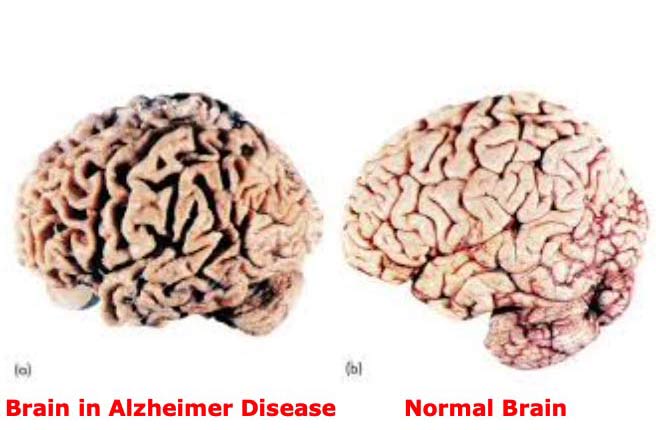Alzheimer’s disease is a progressive neurodegenerative disorder that leads to memory loss, cognitive decline, and difficulties in daily functioning. Moderate to severe stages mark significant impairment, requiring comprehensive medical and caregiving support.

Stages and Symptoms of Moderate to Severe Alzheimer’s
Moderate Alzheimer’s Symptoms
- Severe memory loss: Forgetting names, personal history, and recent events
- Disorientation: Confusion about time, location, and surroundings
- Difficulty with complex tasks: Struggling to manage finances, cook, or plan
- Personality changes: Mood swings, increased frustration, and paranoia
- Sleep disturbances: Insomnia and frequent nighttime awakenings
Severe Alzheimer’s Symptoms
- Inability to communicate effectively: Difficulty speaking and understanding language
- Loss of motor control: Struggles with walking, sitting, and swallowing
- Complete dependency on caregivers: Requires assistance for eating, bathing, and dressing
- Severe cognitive decline: Loss of recognition of loved ones and surroundings
- Increased vulnerability to infections: Higher risk of pneumonia and other complications
Causes and Risk Factors
Key Contributing Factors
- Genetics: APOE-e4 gene increases the risk
- Age: Most cases occur after age 65
- Brain changes: Beta-amyloid plaques and tau tangles damage neurons
- Cardiovascular health: High blood pressure, diabetes, and cholesterol elevate risk
- Lifestyle factors: Poor diet, lack of exercise, and smoking contribute to cognitive decline
Diagnosis and Medical Evaluation
Diagnostic Tests
- Cognitive assessments: Mini-Mental State Examination (MMSE), Montreal Cognitive Assessment (MoCA)
- Brain imaging: MRI and CT scans detect brain shrinkage and abnormalities
- Biomarker tests: Cerebrospinal fluid analysis for beta-amyloid and tau proteins
- Genetic testing: Identifies hereditary risk factors
Treatment and Management Strategies
Medications
- Cholinesterase inhibitors: Donepezil, rivastigmine, galantamine for cognitive function
- NMDA receptor antagonist: Memantine for moderate to severe cases
- Antipsychotics: Used cautiously to manage behavioral symptoms
- Antidepressants and anxiety medications: Help regulate mood disorders
Non-Medical Interventions
- Cognitive therapy: Stimulates memory and thinking skills
- Structured routines: Reduces confusion and anxiety
- Physical activity: Enhances mobility and overall health
- Sensory stimulation: Music therapy, aromatherapy, and art therapy
Caregiving and Support
- Supervised living arrangements: Memory care units for safety
- Support groups: Emotional and practical assistance for families
- Advanced care planning: Legal and financial considerations for long-term care
Prevention and Future Research
- Healthy lifestyle choices: Balanced diet, exercise, and mental stimulation
- Medical advancements: Ongoing research on new drug therapies and early detection methods
Moderate to severe Alzheimer’s type dementia requires a multidisciplinary approach, combining medication, therapy, and caregiver support to improve the quality of life for patients and their families.

